Lists





5 Books
Read list
Sort by:
Recent Desc
More lists by Minna



Animated greats
List includes: South Park, Coraline, Up
December 2022
0
@mmvee

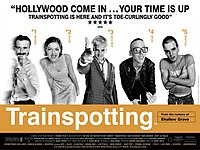

What a ride!
mixed categories of high octane films & tv
December 2022
0
@mmvee
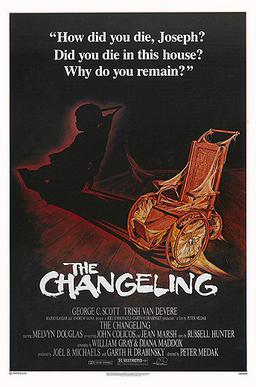


Horreur
My absolute favourite horror films. I have a penchant for the 80s golden era. Fan of a well built atmosphere. Not a fan of the gore.
December 2022
0
@mmvee


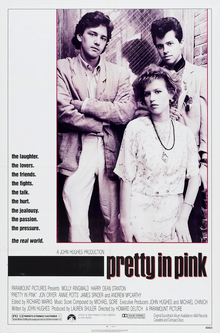
Sunday flicks
Uplifting films - mixed genres but mostly drama comedies
December 2022
1
@mmvee



Life like
Films & tv series with great storylines, absorbing plot & superb acting
December 2022
0
@mmvee


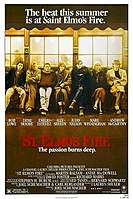
Coming of age
List includes: Stand by Me, Welcome to the Dollhouse, St. Elmo's Fire
December 2022
0
@mmvee

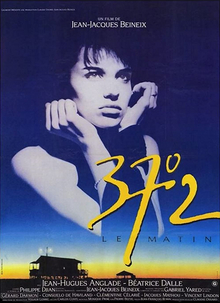
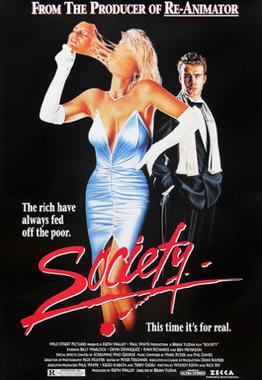
Strange experiences
List includes: Boxing Helena, Betty Blue, Society
December 2022
1
@mmvee

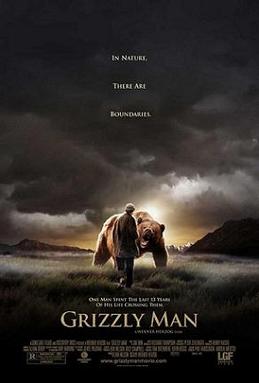
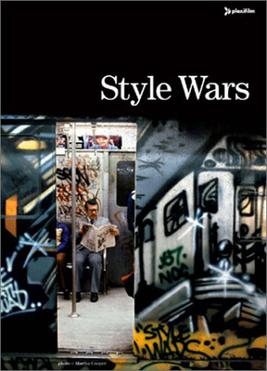
Great documentaries
List includes: The Devil and Daniel Johnston, Grizzly Man, style wars
December 2022
0
@mmvee
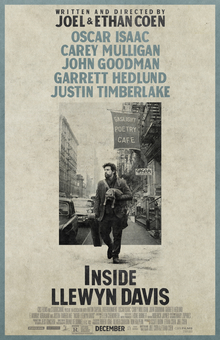
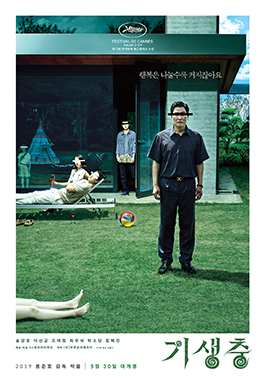

Over rated IMHO
List includes: Inside Llewyn Davis, Parasite, Licorice Pizza
December 2022
0
@mmvee